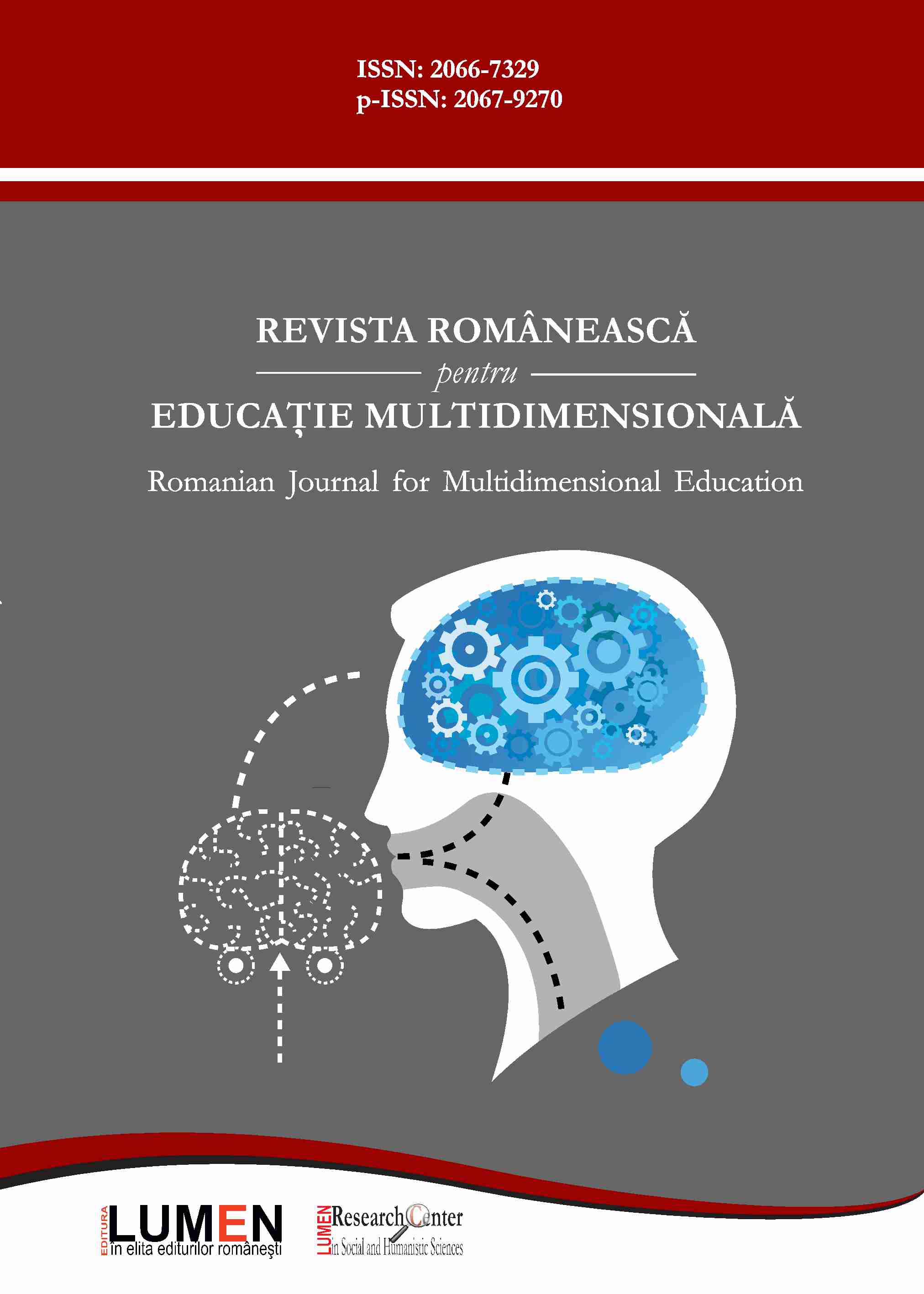Actualization of Distance Learning in Comparison with Traditional Forms of Education in Conditions of Quarantine Security Measures
Actualization of Distance Learning in Comparison with Traditional Forms of Education in Conditions of Quarantine Security Measures
Author(s): Oksana Filonenko, Natalia Maslova, Valentina Mirza-Sidenko, Olha Voloshina, Vitaliy DemchenkoSubject(s): Social Sciences, Education
Published by: Editura Lumen, Asociatia Lumen
Keywords: higher education system; distance learning; information and communication technologies; traditional teaching aids; evaluation system;
Summary/Abstract: Currently, in the context of severe quarantine restrictions, one of the promising areas of the formation and development of the higher education system is the problem of its comprehensive informatization, which is based, first of all, on improving the information and educational environment for learning and the development of distance learning. Therefore, serious attention is paid to the development and implementation of modern information technologies in teaching practice. All this fully applies to the development of distance learning, which allows each person to improve their educational level with a minimum interruption from production, in their free time and according to an individual training program. Taking this into account, at the present stage of reforming the higher education system in the world, it is becoming more and more difficult to look for effective directions for training highly qualified specialists using traditional teaching aids, to respond promptly and promptly to the emerging needs of the labor market without understanding a large amount of relevant and accurate information. The article carried out a theoretical and methodological study of the very essence of distance education, and also investigated the main methods for assessing this type of education in a pandemic situation. The novelty of the article lies in the acquisition of the development of theoretical and methodological aspects of methods for assessing distance education in COVID-19 conditions.
Journal: Revista Românească pentru Educaţie Multidimensională
- Issue Year: XIII/2021
- Issue No: 3
- Page Range: 468-478
- Page Count: 11
- Language: English

